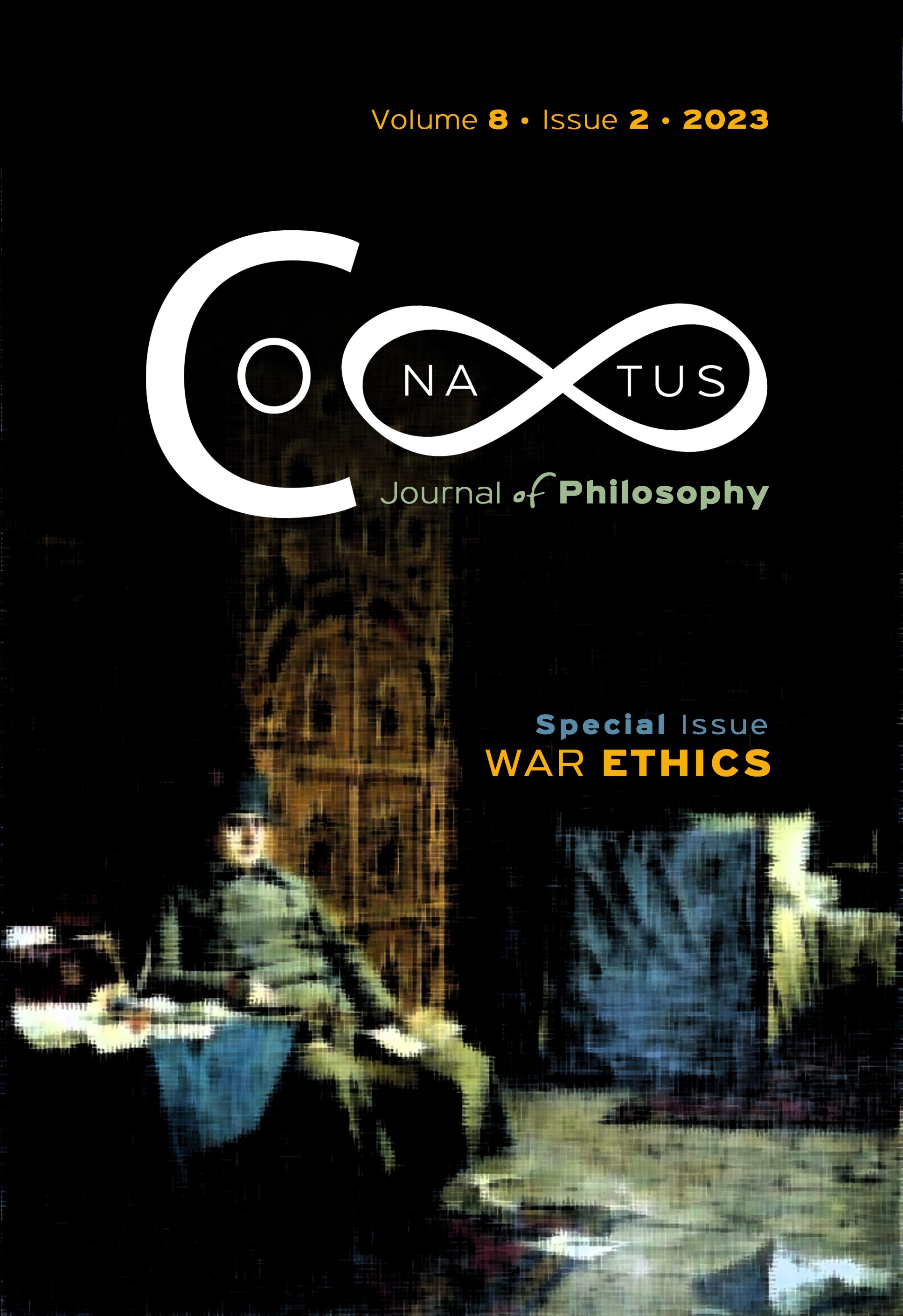Existential Threat as a Casus Belli

Abstract
Existential threat is often mentioned in political rhetoric. While it is mostly used to denote threats to humanity as a whole, like climate change or AI, it is also used on a smaller scale. Existential threat to a state or a similar entity is often evoked too. Such a threat is considered grave enough to justify war and – possibly – the use of nuclear weapons. In the present article, the author aims to deconstruct the notion of “existential threat” in relation to the state and show that it should not be used as a reason to go to war. The main argument is that the state has a specific mode of existence which makes it impossible to speak of state death unambiguously. Therefore, there can be no apparent threats to its existence. The author proposes a normative interpretation of the state. The state is understood as a project of a certain group, or even an individual, therefore the discussion of “existential threat” to a state should be dropped in favor of a more grounded evaluation of potential gains and losses by different social groups and political parties.
Article Details
- How to Cite
-
Kucherenko, S. (2023). Existential Threat as a Casus Belli. Conatus - Journal of Philosophy, 8(2), 299–312. https://doi.org/10.12681/cjp.35080
- Section
- Articles
- Categories

This work is licensed under a Creative Commons Attribution-NonCommercial 4.0 International License.
Authors who publish with this journal agree to the following terms:
Authors retain copyright and grant the journal right of first publication with the work simultaneously licensed under a Creative Commons Attribution Non-Commercial International License (CC BY-NC 4.0) that allows others to share the work with an acknowledgement of the work's authorship and initial publication in this journal.
Authors are able to enter into separate, additional contractual arrangements for the non-exclusive distribution of the journal's published version of the work (e.g. post it to an institutional repository or publish it in a book), with an acknowledgement of its initial publication in this journal.
Authors are permitted and encouraged to post their work online (preferably in institutional repositories or on their website) prior to and during the submission process, as it can lead to productive exchanges, as well as earlier and greater citation of published work.





